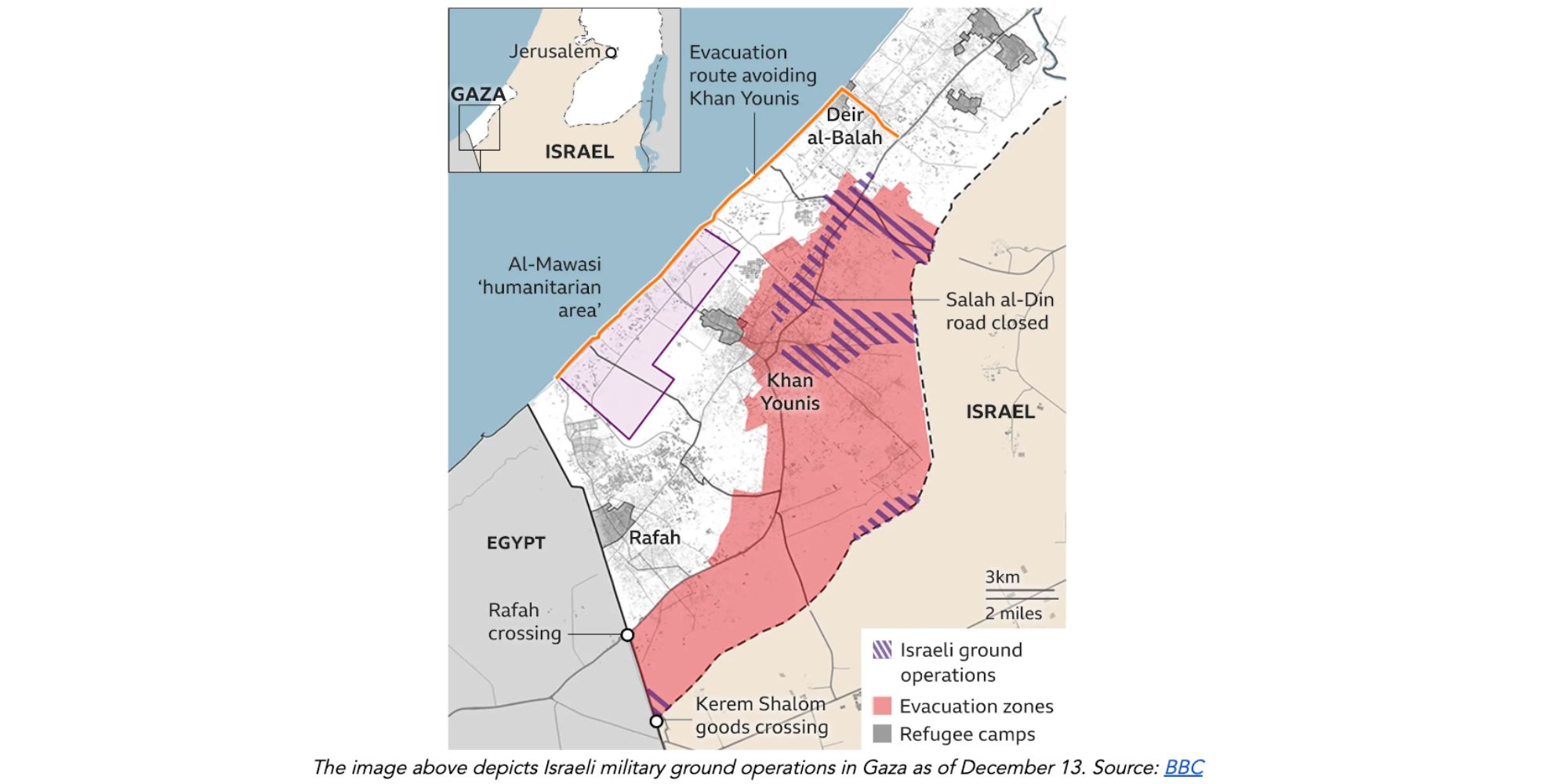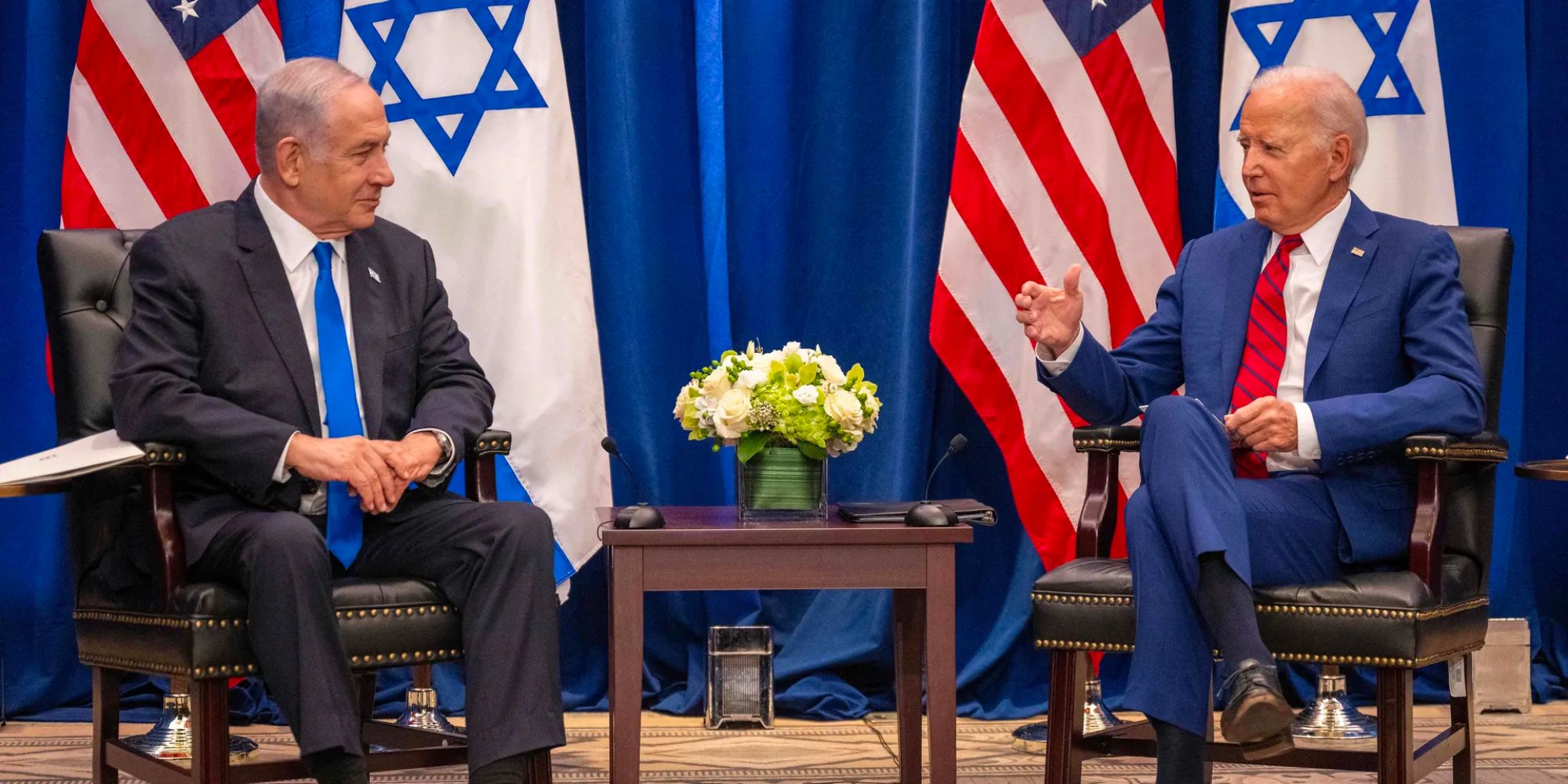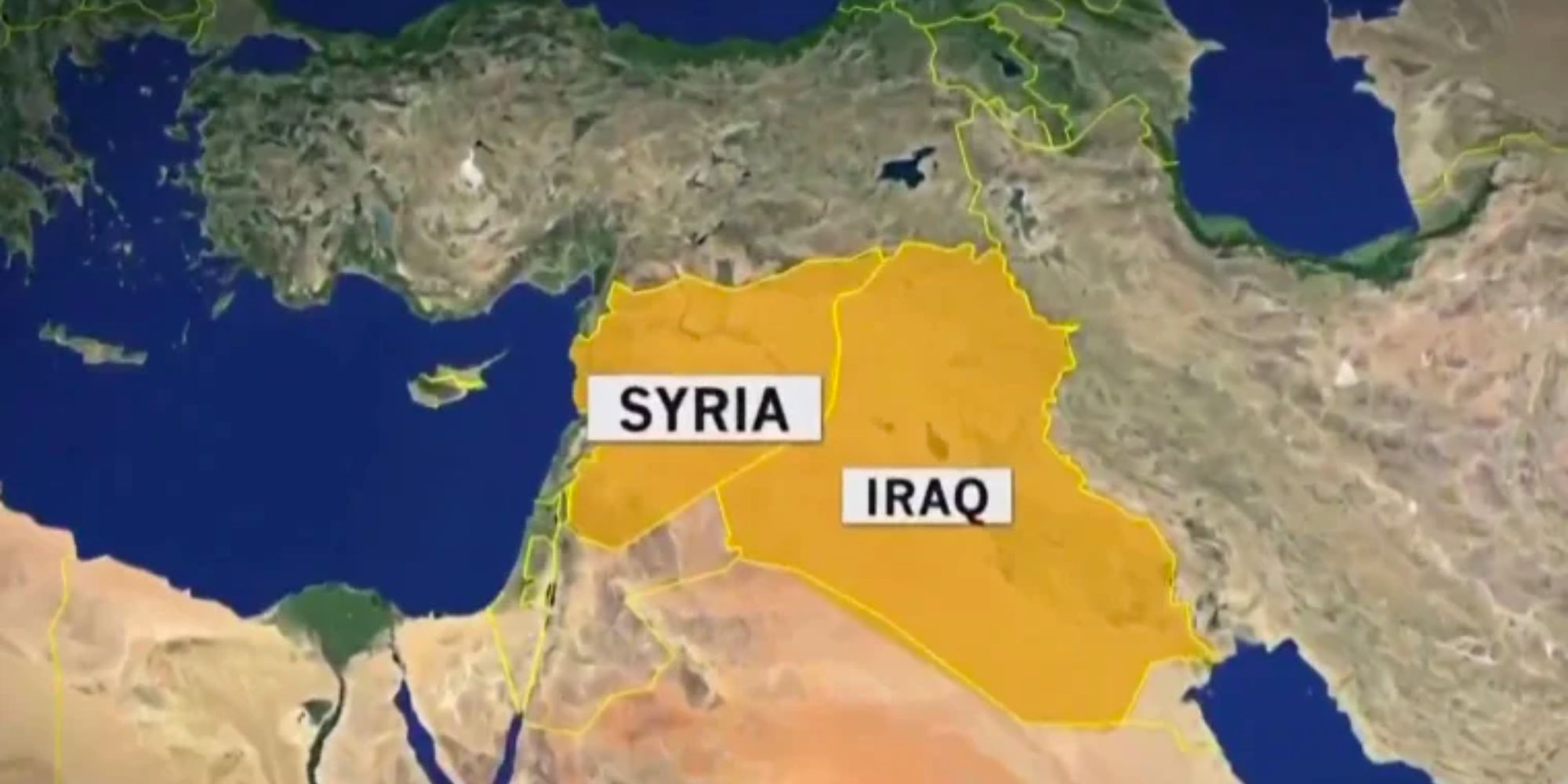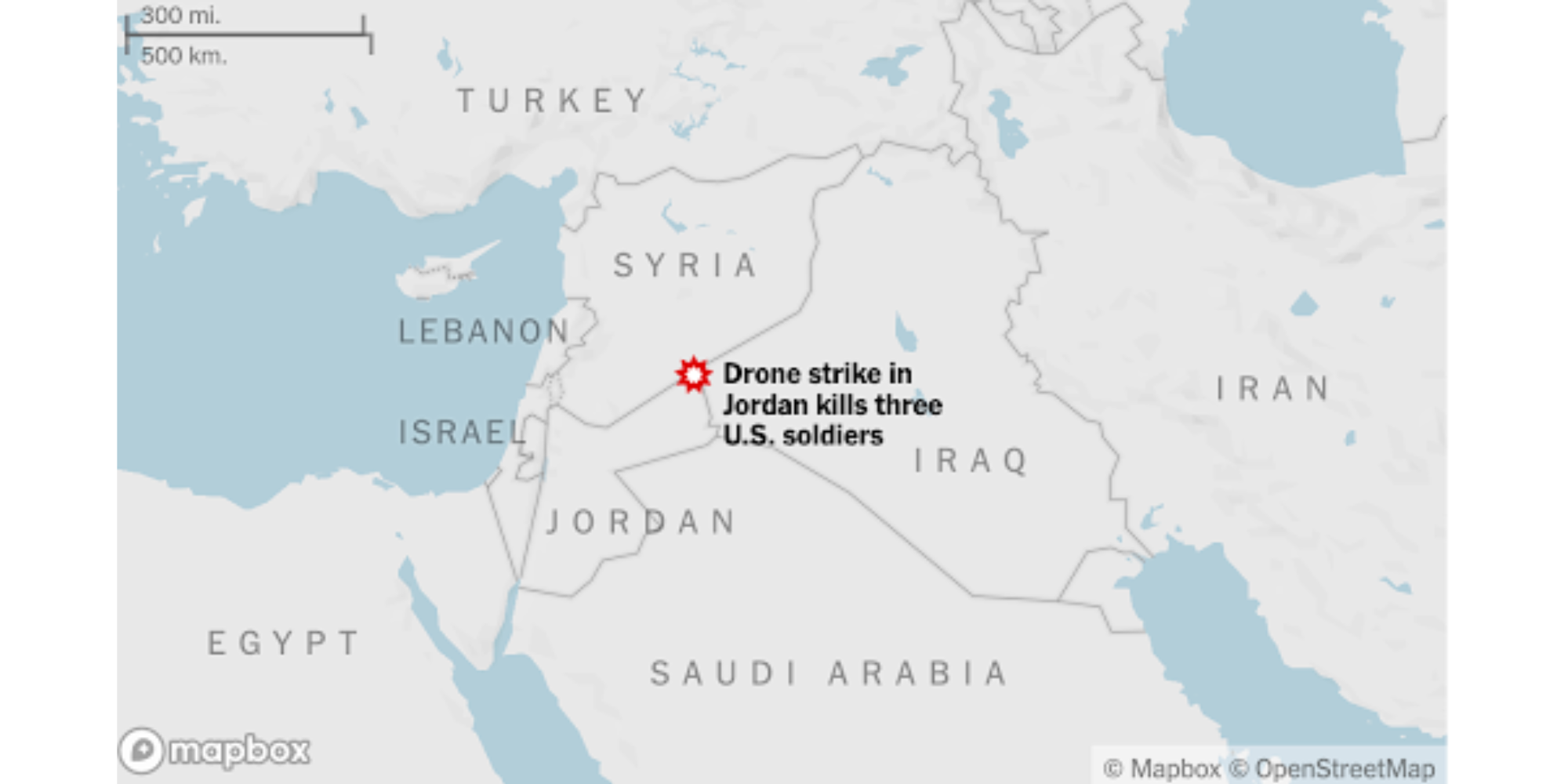Current as of 10AM EST, 18DEC23
RECENT UPDATES
Over the past week, U.S. officials appeared to deliver mixed messages regarding their stance on Israel’s war with Hamas. U.S. officials pressed their Israeli counterparts to define milestones for the war, while also voting against a United Nations (U.N.) resolution to halt the conflict, despite ongoing calls for a ceasefire. In addition, Iranian-backed militant attacks continued against ships in the Red Sea.
- Humanitarian Crisis: The United Nation’s Children Fund (UNICEF) spokesperson James Elder stated the Israel-Hamas conflict is “twice as lethal to children” when compared to “conflicts we’ve seen in the last 15 or 20 years.” The Al Jazeera Media Network alleged Israel is “targeting and killing Al Jazeera journalists and their families.” The Israeli office for Coordination of Government Activities in the Territories (COGAT) said a total of 201 aid trucks entered Gaza on December 17 for the first time since it was closed on October 7.
- U.S. Support: In a predominately critical statement of Israeli Prime Minister Netanyahu’s handling of Israel’s war in Gaza, President Joe Biden said Israel is losing support over its “indiscriminate” bombing and Benjamin Netanyahu must “change.”However, the U.S. voted against the U.N. General Assembly’s resolution calling for a ceasefire, with 153 countries voting in favor, 10 against, and 23 abstaining. The U.S. has no plans to place conditions on military aid to Israel, officials told CNN. U.S. Defense Secretary Lloyd Austin intends to push Israeli officials to define milestones for the war during a visit on December 18.
- Military Operations: Israel Defense Forces (IDF) shot three Israelis in Gaza taken hostage by Hamas, according to open source reporting. The hostages were mistakenly killed while waving a white flag, which is in violation of IDF rules of engagement, an IDF official said on December 16. On December 17 the IDF claimed it uncovered “the biggest Hamas tunnel” in Gaza, spanning a length of 2.5 miles.
- Regional Relations: A U.S. warship in the Red Sea shot down 14 suspected attack drones launched from Houthi-controlled areas of Yemen on December 16, and a Royal Navy destroyer downed another drone targeting commercial ships. The suspected attackers, Iranian-backed militants, stated they will continue until Israel’s “aggression” ends. In response, British Petroleum became the latest firm to pause shipments through the Red Sea, following recent announcements from MSC, Maersk, Hapag-Lloyd and CMA CGM, which stated they were suspending Red Sea travel. Furthermore, Iran claims it executed an Israeli Mossad “spy” allegedly charged with releasing classified information. Israel and other foreign governments have not verified this incident.
- Protests: This weekend, pro-ceasefire protests occurred during President Biden’s campaign fundraiser stops across the U.S., such as Colorado, Massachusetts, Nevada, California, and Pennsylvania. According to experts who spoke to the PBS NewsHour, this swell of protest is due to growing pro-Palestinian sentiment amongst younger people, the mounting civilian toll in Gaza, and more people being drawn into activism. Protests have led to dozens of arrests in Washington, D.C., Philadelphia, Providence, and Los Angeles.
CYBER IMPLICATIONS
Iranian and Israeli state-sponsored cyber attackers have continued to make the conflict the next front of cyberwarfare by targeting government entities and private industries, and conducting influence operations.
- Iran’s Oil Minister stated services were disrupted at about 70 percent of Iran’s petrol stations due to a cyberattack linked to Gonjeshke Darande, a hacking group with alleged ties to Israel. According to BBC reporting, Israeli government spokesperson Tal Heinrich stated, “We have nothing to say about Iran’s claims.”
- Israel’s army website was briefly hacked on December 13 by Anonymous Jo, pro-Palestinian group, that warned of more attacks against Israeli forces.
CONCENTRIC’S RECOMMENDATIONS
We continue to urge anyone with business interests in Israel and the surrounding regions to exercise extreme caution, and to consider postponing any upcoming travel. We also encourage travelers to avoid all demonstrations and maintain awareness of their surroundings in areas with protest activity. Travelers and businesses should also consider:
- Watching for updated U.S. Department of State worldwide travel advisories.
- Avoiding areas in and around Israel, Lebanon, Egypt, Saudi Arabia, Qatar, and other portions of the Gulf.
- Reaching out to Concentric’s experts for support. Concentric can provide:
- Emergency evacuation and secure transportation, and support from local partners;
- Active monitoring and intelligence support, including tailored risk and travel assessments;
- Tailored security consulting;
- Executive protection agents;
- Cybersecurity and digital privacy protection.
If you are interested in a briefing with Concentric’s Chief Executive Officer Mike LeFever or a member of Concentric’s team on any of these topics, please do not hesitate to contact us.
Feature image source.






